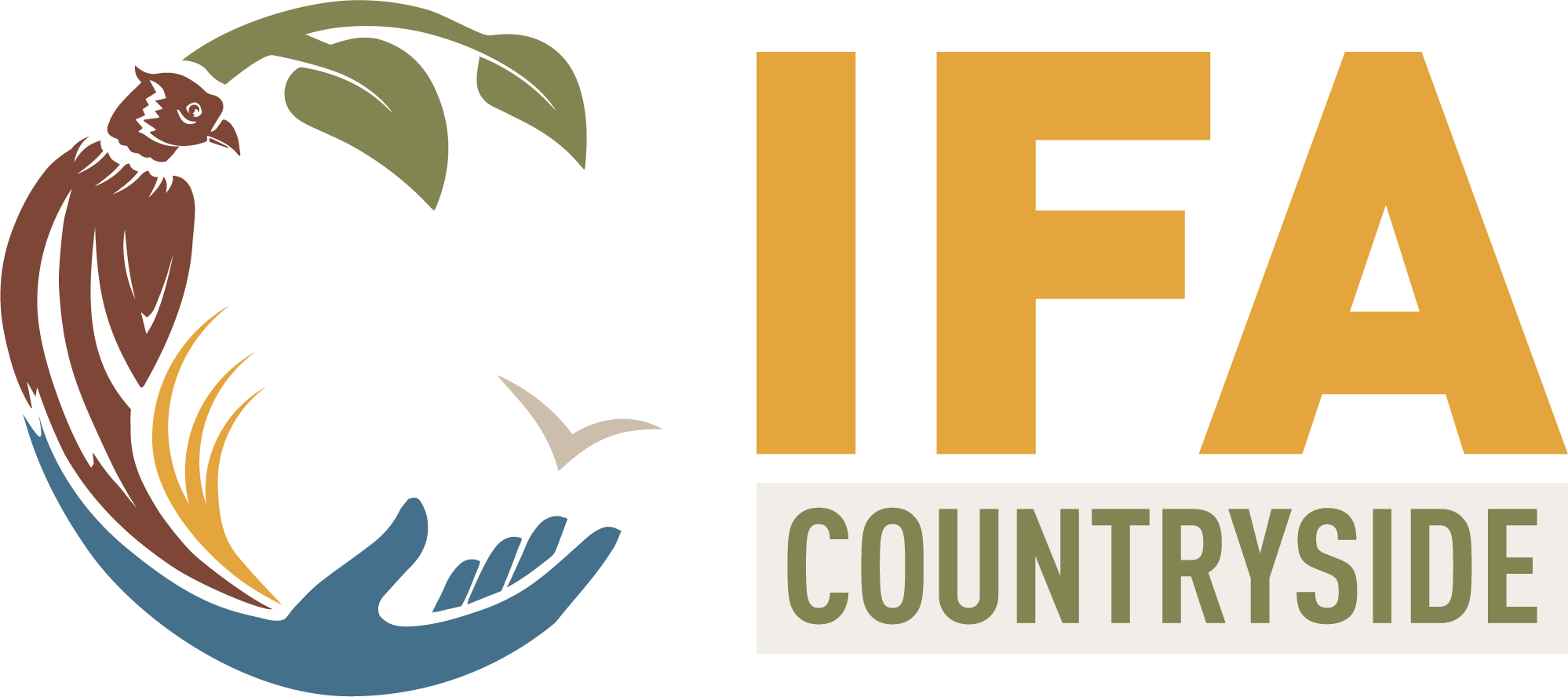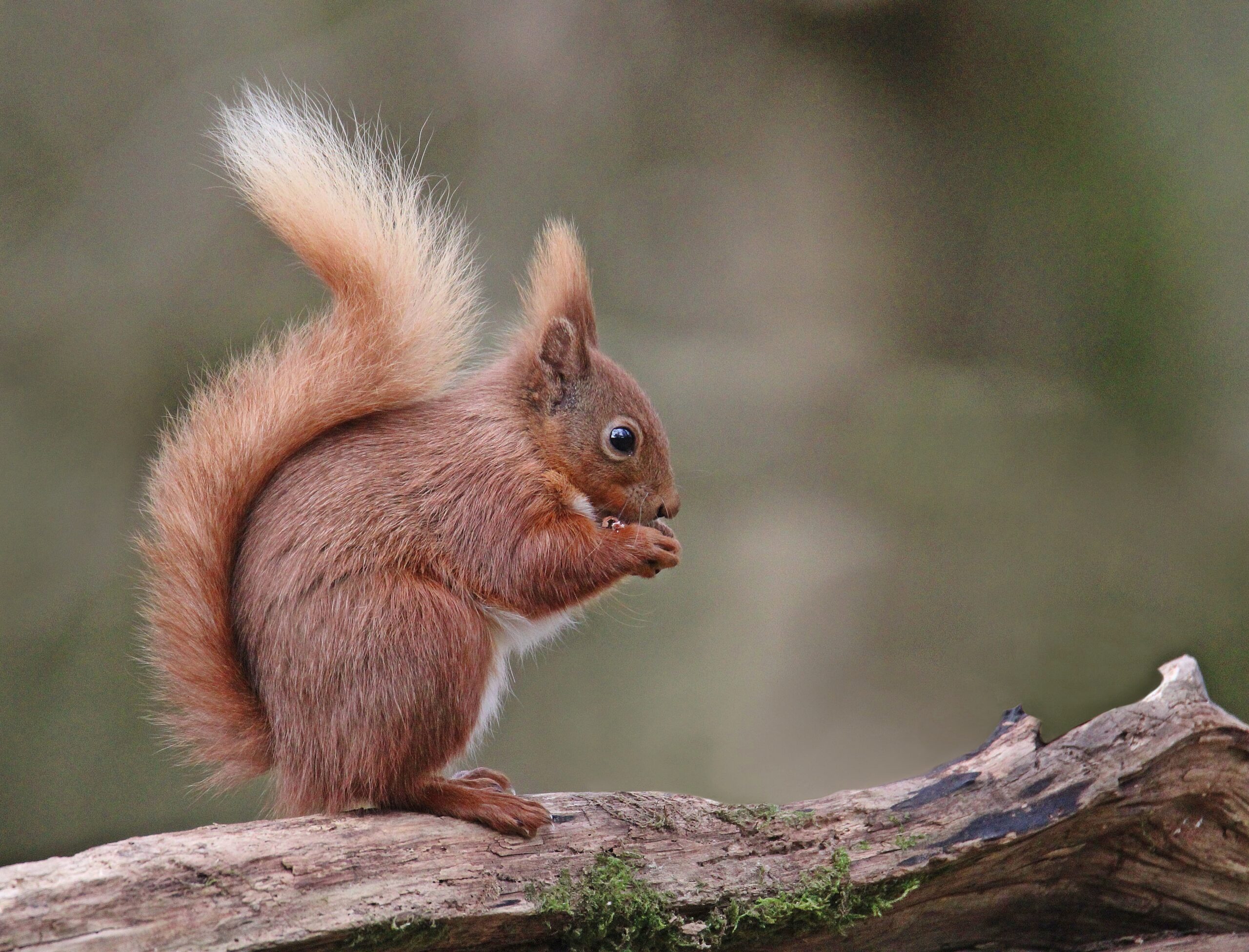The National Parks & Wildlife Service (NPWS) has appealed to members of the public to be conscious of the dangers posed by fire and to exercise extreme caution over this high risk period.
Recent similar hot weather conditions have seen increased fire activity firmly associated with public recreation activities. Members of the public intending to visit National Parks and Nature Reserves are reminded to adhere to regulations regarding the lighting of fires.
It is an offence under the Wildlife Act 1976 to light of any fire which causes or is likely to cause the burning of any vegetation within 1 mile (1.6km) of a woodland or Nature Reserve, and those doing so may face prosecution. The use of barbeques or open fires is strictly prohibited. Vehicles must not be parked at site entrances or impede emergency vehicle access and may be towed away if causing an obstruction.
Malcolm Noonan TD, Minister of State for Heritage and Electoral Reform, emphasised the key safety message:
“The message is simple – be careful. Don’t light fires or barbecues, keep access roads clear for emergency services, and if you’re camping, let someone know where you’ll be. There is a high risk of fire right now. Be vigilant and keep yourself and the wild places we all love safe.”
Fires are particularly destructive in spring and summer as it is prime season for nesting birds, breeding mammals and the regeneration of growth. They can cause irreparable damage in our native woodland that can take centuries to recover. Any fires within our high conservation value designated Natura 2000 landscapes (SAC/SPA) have a long lasting negative impact on biodiversity. These fires also add to our Carbon emissions and global warming.
In order to reduce the incidence of wildfires, Conservation Rangers and other NPWS staff will be monitoring and patrolling the network of sites over the coming days and remain in close liaison with the Gardaí and the Fire Service. NPWS will provide aerial surveillance (involving NPWS staff monitoring from helicopters) at some of the National Parks in the coming days. The NPWS would ask the public to cooperate with staff and comply with their requests during their visit to NPWS sites during this high risk period.
ENDS
Notes
Fires at this time of year are particularly hard to extinguish. A large fire in Wicklow Mountains National Park in May/June 2019 between Lough Bray and the Sally Gap burnt into the underlying peat and burnt for nearly a month underground. More recently, a fire on the 19th July last that burnt over 200ha of upland conservation habitat and woodland in the National Park and the adjacent Coillte Forest in Glencree continues to burn underground despite being repeatedly doused with water. This fire will in all likelihood only be extinguished by a prolonged period of very heavy rain. This rain may extinguish the fire but the run off of burnt material will enter adjacent streams and rivers and have a negative effect on fish, invertebrates other biodiversity and drinking water quality.
Department of Housing, Local Government and Heritage Press Office
Tel: (01) 888 2638 (direct)
Email: [email protected]
Website: gov.ie/housing
Twitter: @DeptHousingIRL
Sign up to the Housing for All E-zine Newsletter here:

